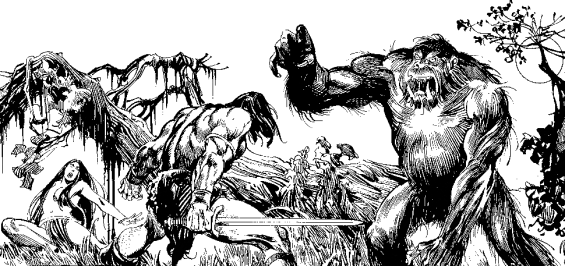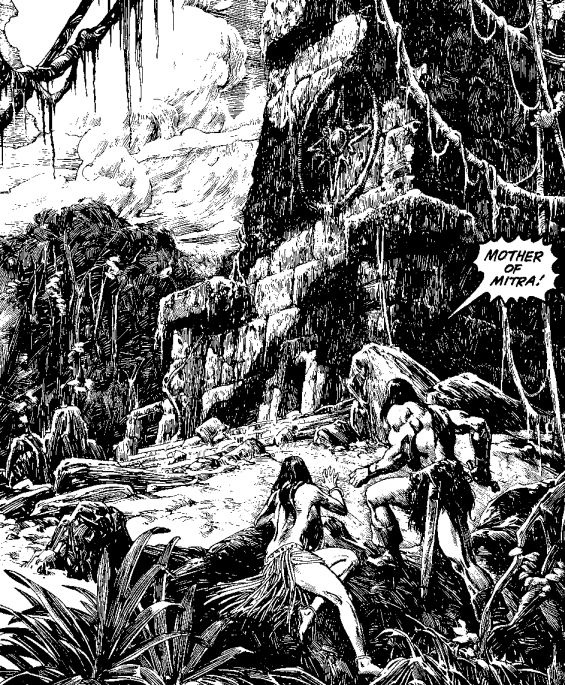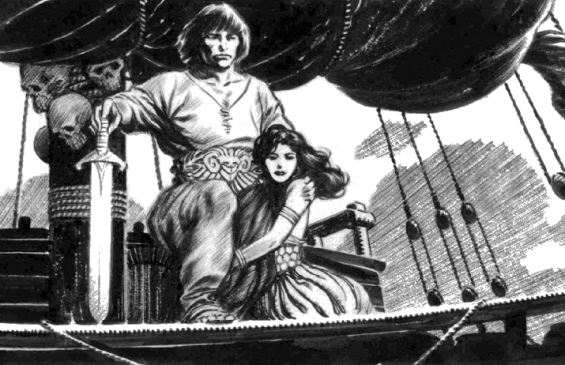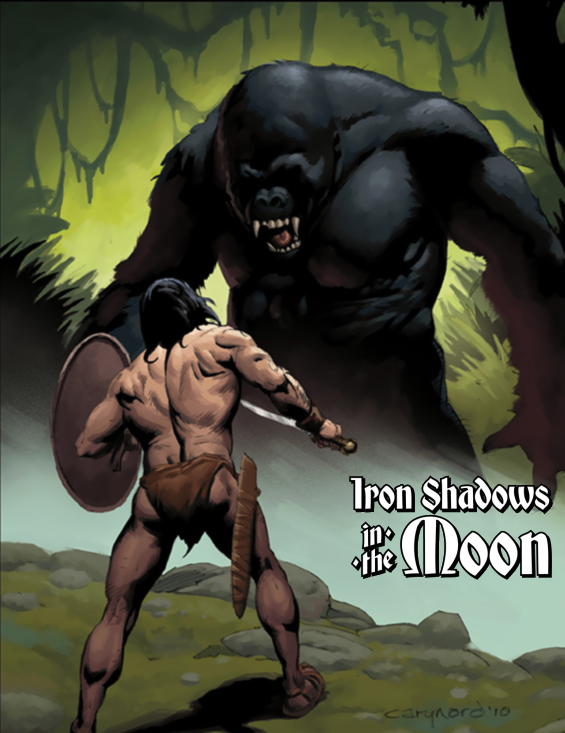
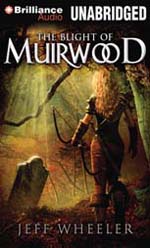 The Blight of Muirwood (Muirwood #2)
The Blight of Muirwood (Muirwood #2)
By Jeff Wheeler; Read by Kate Rudd
Publisher: Brilliance Audio
Published: 15 January 2013
ISBN: 978-1-4692-5038-0
12 discs; 14 hours [UNABRIDGED]
Themes: / fantasy / orphan / servant /
Publisher summary:
Rising from her humble beginnings as a lost orphan, Lia is summoned to be Muirwood Abbey’s protector and special guardian for Ellowyn Demont, the lost heir of the fallen kingdom of Pry-Ree. After the death of the ruthless king at the battle of Winterrowd, the great Aldermaston and Abbey leader calls on Lia to use her mystical talents to save Muirwood from two new threats — a vengeful queen accusing the Abbey of her husband’s death and a deadly plague threatening to destroy the land. Amidst the turmoil, a battle ensues, and soon Lia learns the world’s magic has begun to falter. As a blanket of dread envelops the Abbey, hopes are tested, and Lia will be forced to come to terms with a secret that will change her life forever.
Mr. Wheeler ramps things up second book of his Muirwood trilogy, and I found myself enjoying this one more than the first. Mr. Wheeler continues his trend of explaining things as you go along, and doesn’t spend large amount stopping for world building. I find that a nice change of pace from the Epic Fantasy multi-book series I tend to read.
The story picks up right where The Wretched of Muirwood left off, then skips ahead about a year. During that time Lia has been trained to be the new hunter of Muirwood Abbey. Most of the characters from the first novel return in the second, and Mr. Wheeler gives us more depth and insight into their characters. Some great new characters are added to the cast, including Martin, who is training her as he once did John Hunter.
Colvin has returned to the abbey with Edmund, his sister, and Ellowyn Demont, the air to the throne of Pry-Ree. Lia is tasked to help the two mastons protect Ellowyn from various threats of kidnapping and murder throughout the realm. There are also some new threats to the Abbey including Colvin’s rival Earl of Dieyre and the King’s Widow, the Queen Dowager. Signs start to appear of a blight threatening the Abbey, and once again Lia must leave the safety of Muirwood in an effort to protect it.
As this is book 2 of a trilogy, it does suffer from middle book syndrome, and ends at a very annoying place. None of the real threats were resolved, more of a holding pattern than any real resolutions. I was suspecting as much as I was approaching the last disc with too many things left unresolved. Luckily for me I had book 3 ready to go, and jumped immediately into it. That isn’t to say this book is not without it’s revelations, although I can’t say I was very surprised by anything that happened. Still, it made for an enjoyable read. Any book that makes it hard for me to stop is always a good thing.
This book is nearly twice as long as the first book (14 hours vs. 8 hours in audio form). It didn’t really feel that way to me. I kept finding excuses to listen more than I normally would, especially last night as I was approaching the end of the story and didn’t want to wait till morning for the conclusion. Ms. Rudd is once again the narrator (not surprising since the whole trilogy was released at the same time as audio books). Her performance is comparable to that of the previous book. It’s good, but doesn’t add anything to the story. She once again seems to use her own voice for all the female characters and a slightly different voice for all of the male characters.
Review by Rob Zak.



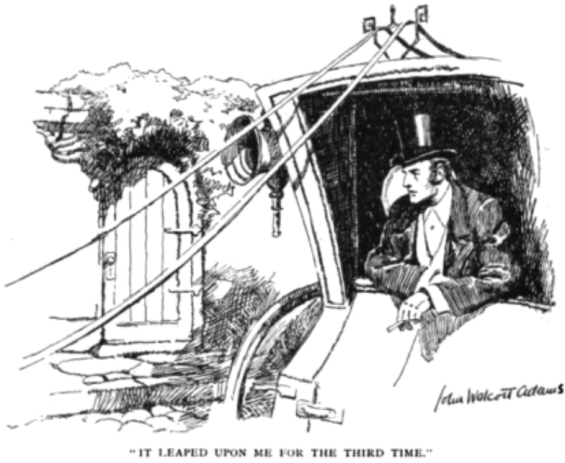
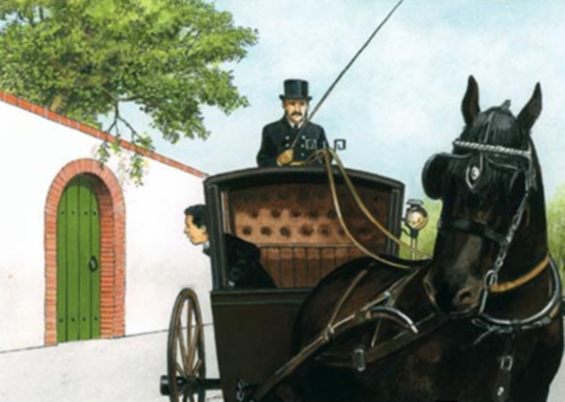
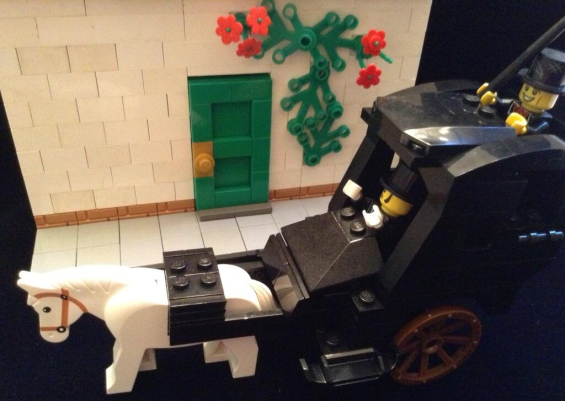
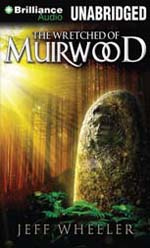 The Wretched of Muirwood (Muirwood #1)
The Wretched of Muirwood (Muirwood #1)


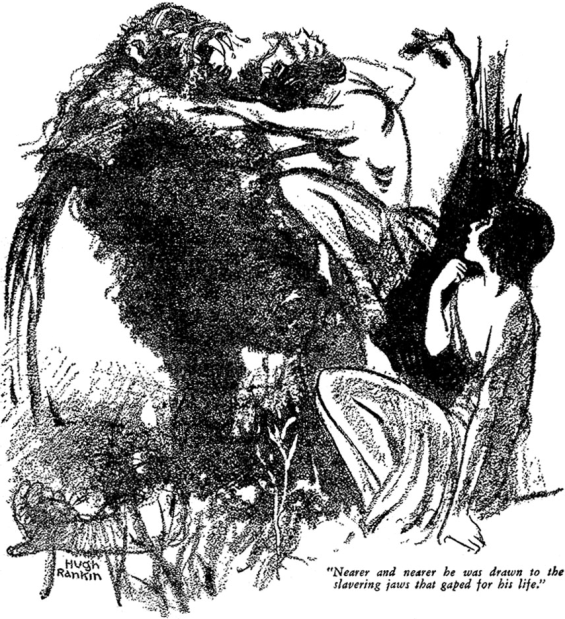
 Shadows In The Moonlight
Shadows In The Moonlight